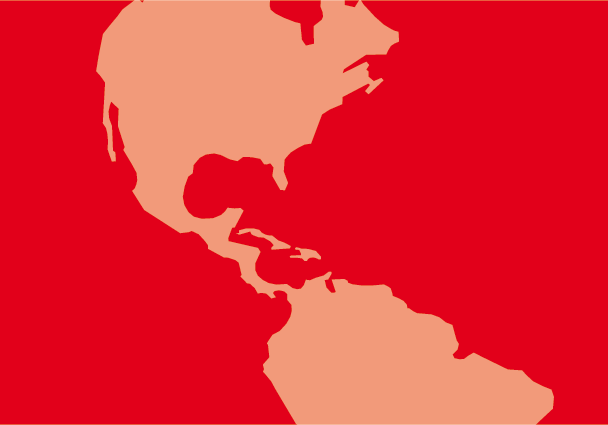
Aug 20, 2013 | Incidencia
Por primera vez un Tribunal de Canadá conocerá una demanda de daños y perjuicios en contra de una empresa canadiense por hechos cometidos en Guatemala.
Un Juez de la Corte de Ontario resolvió en el mes de Julio del presente año, que los casos que se siguen en contra de la empresa Hudbay Minerals Inc. por supuestos hechos cometidos en contra de dirigentes comunitarios en el Departamento de Izabal, pueden ser juzgados en Canadá por tribunales canadienses.
Este es un hecho histórico, ya que por primera vez una demanda por daños y perjuicios en contra de una compañía canadiense, relacionada con abusos a los derechos humanos, podrá ser conocida por tribunales canadienses.
Esta resolución permite que se respete el derecho de las víctimas guatemaltecas, de buscar justicia en otro país, en este caso Canadá, por hechos supuestamente cometidos en Guatemala, en los que una empresa privada de extracción de minerales (niquel) de Canadá (Hudbay Minerals Inc.), está siendo demandada.
El Director de la Comisión Internacional de Juristas para Centroamérica, a solicitud de los abogados que llevan el caso en Canadá, presentó su opinión en las cortes canadienses sobre el Derecho de Acceso a la Justicia en Guatemala, habiendo recomendado que el caso fuese conocido en Canadá, por considerar que la impunidad existente en Guatemala hacía imposible que el caso de daños y perjuicios fuese ventilado en las cortes guatemaltecas (ver adjunto el texto del peritaje sobre El Derecho de Acceso a la Justicia en Guatemala de Ramón Cadena versión en inglés).
La Comisión Internacional de Juristas en Guatemala publicará próximamente un estudio sobre este caso.
Guatemala-UE Peritaje Canadá Hudbay-expert opinion-advocacy-2013-eng (full text in pdf)
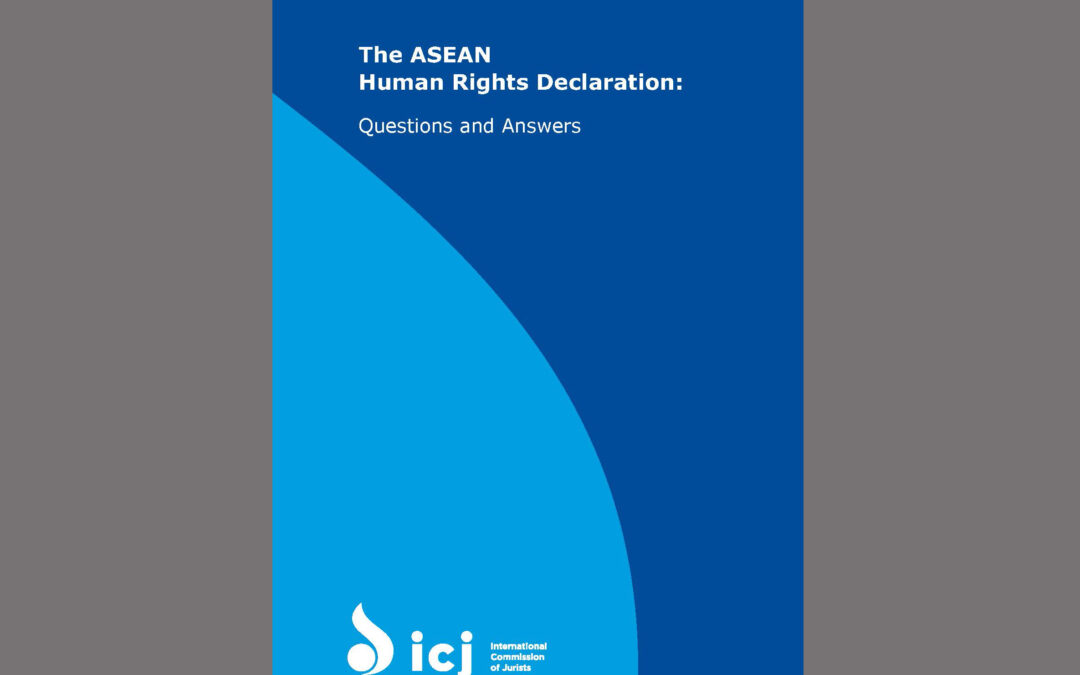
Jul 30, 2013
The ICJ has produced a detailed Questions & Answers on this flawed document which risks undermining international human rights standards.
ASEAN-Huma Rights Declaration Q&A-position paper-2013 (full text in pdf)
For more information on the ASEAN Declaration:
ICJ condemns fatally flawed ASEAN Human Rights Declaration
Civil society rejects flawed ASEAN Human Rights Declaration
Deeply flawed ASEAN Human Rights Declaration must be postponed
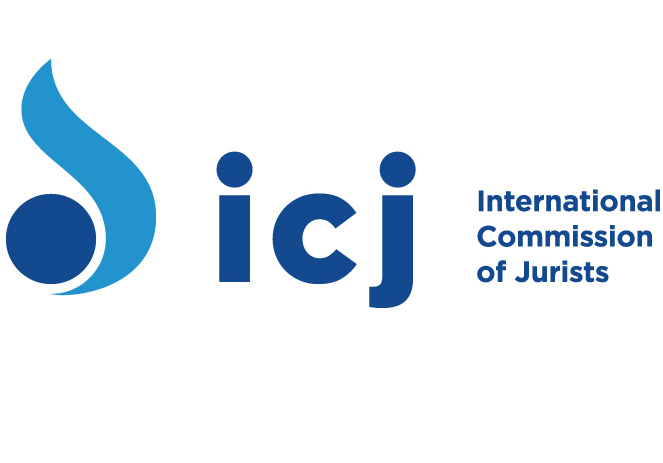
Jul 25, 2013 | News
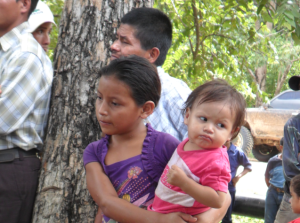 On 16 July, the ICJ addressed a UN panel on the rights of peasants and other people working in rural areas.
On 16 July, the ICJ addressed a UN panel on the rights of peasants and other people working in rural areas.
The panel took place during the first session of the open-ended intergovernmental working group on a UN declaration relating to this issue.
The ICJ made an intervention concerning the issues of poverty, discrimination and human rights violations that a vast majority of persons living and working in rural areas face.
This intervention informed the discussion of the working group on the need to better guarantee and protect the rights of these persons, in the perspective of the possible adoption of a new UN declaration.
Working Group on rights of peasants PANEL II (Full Text in PDF)
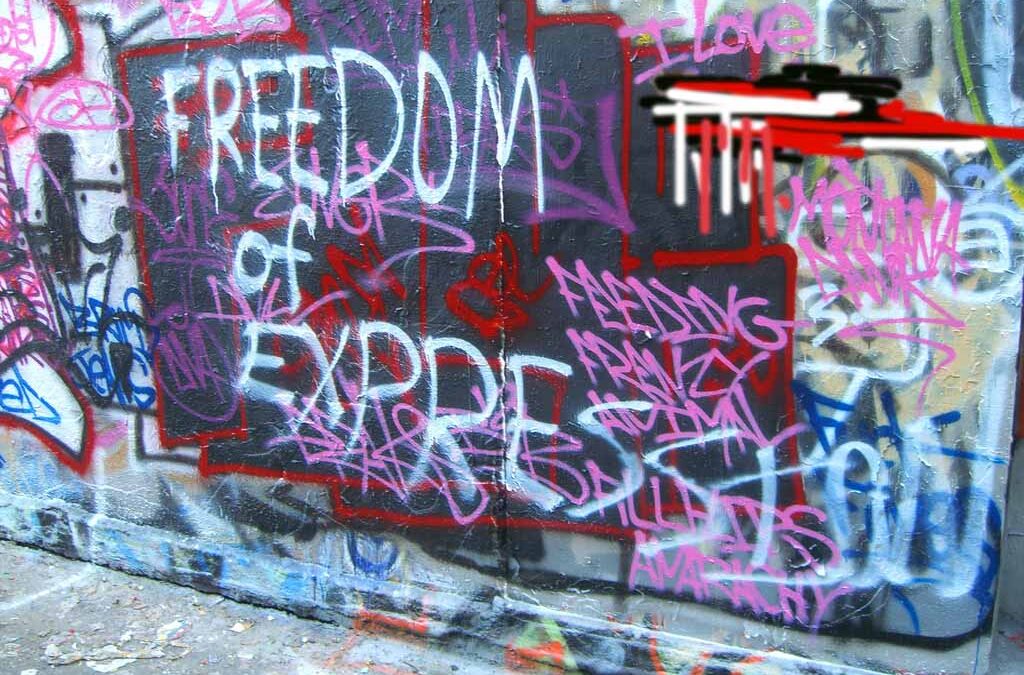
Jun 12, 2013 | News
The Tshwane Principles on National Security and the Right to Information seek to protect the right to information and to ensure public access to information held by governments, without jeopardizing legitimate efforts to protect people from security threats.
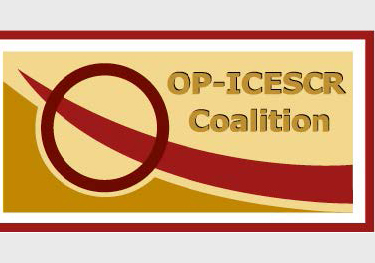
May 3, 2013 | Multimedia items, News, Video clips
The ICJ warmly welcomes the entry into force of the Optional Protocol to the ICESCR that will be effective on Sunday, 5 May, 2013.
As noted in previous statements, the ICJ considers that the entry into force of the new instrument allowing the review of alleged violations of economic, social and cultural rights by a UN Committee will mark an historic boost to the international protection of these rights.
The ICJ and its allies in the International NGO Coalition for the OP-ICESCR look forward to pursuing the dialogue and interaction with the UN Committee on Economic, Social and Cultural Rights and States parties, and aim to contribute at making the new procedures offered an effective tool for victims who could not achieve justice in their domestic justice systems.
Coalition press release in English
Coalition press release in Spanish










